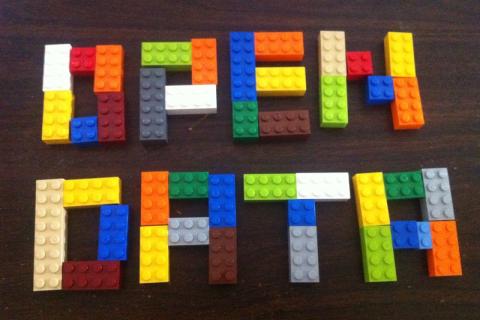Ten years ago, in August 2015, a World Bank report highlighted that open data can “advance most if not all of the 17…U.N. Sustainable Development Goals.” The idea was that opening up public sector data could both help achieve the SDGs as well as measure progress in meeting them.
Yet in 2017, the Open Data Barometer ranked land ownership data to be the least open type of public-sector data in the world. Land data continued to score low in the 2022 Global Data Barometer report, which found that less than 50% of countries had data available on land tenure and land use, and less than 10% of countries had open datasets. Amongst the SDGs, there are five targets and 13 indicators related to land. A 2024 Report published by the SDG Land Momentum Group found that publicly available data to track the land targets and indicators was troublingly low.
Development organizations that, in principle, support open data should focus more on releasing project-generated data for others to analyze and re-use. Producing written reports in the middle or end of project cycles is good practice, but not enough to maximize the knowledge captured from projects or for independent audits by third parties. This applies particularly to projects with land governance objectives, as governments – the usual custodians of land-related data – are only minimally opening these datasets up to the public.
The State of Land Information Index, which the Land Portal launched in 2024, analyzes how much public land data is available in African and Latin American countries and affirms this finding. The SOLIndex tracks the availability and openness of four different categories of land data. It is meant to support governments in identifying data gaps and making available data more machine-readable, accessible, and reusable.
Digital technologies are reshaping society at an unprecedented pace and driving progress while introducing complex new challenges. To ensure that benefits are equitably distributed, the UN High Level Panel on Digital Cooperation concluded that there is a need to develop broad multi stakeholder alliances to create platforms for sharing digital public goods and develop mechanisms for digital cooperation.
The International Aid Transparency Initiative (IATI) is doing a valuable job by providing a mechanism for collecting and publishing information about development projects (the Land Portal ingests land projects data from IATI). Another positive example of digital cooperation is that KfW, Germany’s state-owned development bank, is curating a collection of open data portals to be used for project planning. MAPME is a community-driven initiative that enhances project planning in international development by providing open access to spatial data and digital tools. MAPME’s open data and tools also strengthen local capacity and technical development while reducing reliance on external expertise.
Government bodies and development partners such as the African Union, the European Union, and the German and French development agencies all have strong interest in digital innovation and cooperation to drive sustainable development. Data interoperability has a big role to play in enabling these innovation cycles.
Yet we must be cautious to avoid the emergence of a new data colonialism, as argued in a 2023 article on building data capacity within a partnership of African libraries. Countries from the Global South need to develop their own understanding of data needs and processes so that open data is not reduced to another means of exploitative value extraction. At the same time, development partners must do more, and should also open up their data and information resulting from projects to enable parity and true data partnerships. Development partners are at risk of influencing the data cycle in ways that subtly pressure countries to adopt external data priorities instead of meeting their own data needs.
Acknowledging the risks as well as the opportunities, we can build equitable and accessible information infrastructures to achieve inclusive digital development. Hopefully, the initiatives highlighted above point the way towards opening up data generated during the implementation of land and other development projects.






